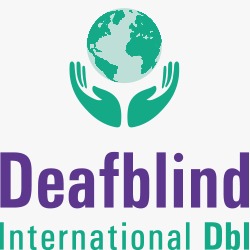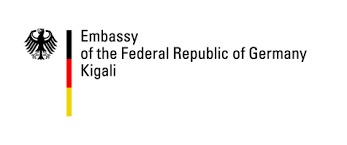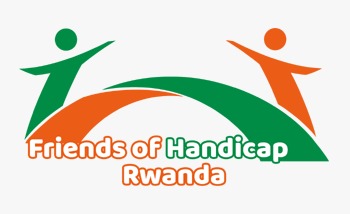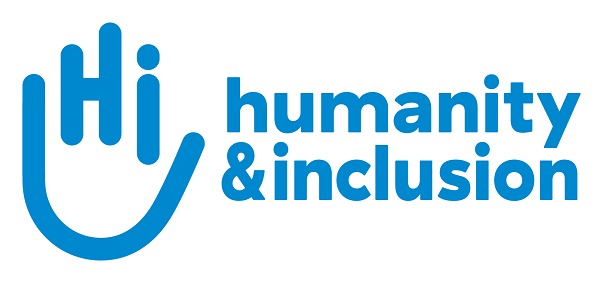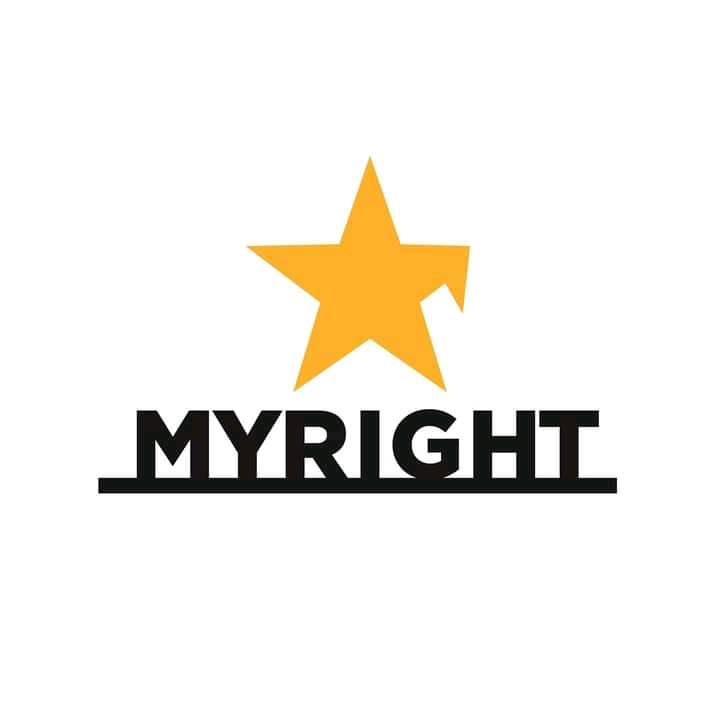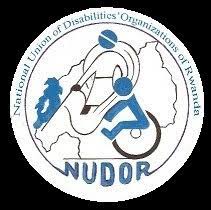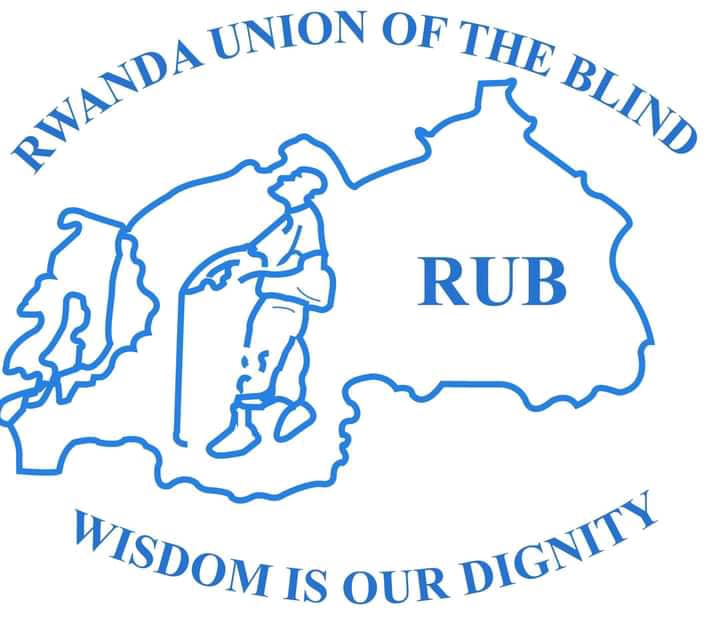Persons with deaf-blindness represent a diverse and vibrant community that
often faces marginalization, discrimination, and invisibility in society.
Despite their unique perspectives, talents, and contributions, individuals
with deaf-blindness continue to be overlooked and underserved. This advocacy
initiative seeks to raise awareness, promote recognition, and enhance the
visibility of persons with deaf-blindness to foster inclusivity, equality,
and empowerment.
This project started in 2020 through the support of Disability Rights Fund/Disability Rights Advocacy, It started its implementation in the districts (Ruhango, Kirehe, and Rusizi) until now.
This project started in 2020 through the support of Disability Rights Fund/Disability Rights Advocacy, It started its implementation in the districts (Ruhango, Kirehe, and Rusizi) until now.
Advocacy Objectives:
- Raise Awareness: Increase public understanding and knowledge about deaf-blindness, its causes, and its impact on individuals' lives
- Promote Recognition: Advocate for the acknowledgment of deaf-blindness as a distinct disability and a unique sensory experience.
- Enhance Visibility: Highlight the stories, achievements, and voices of persons with deaf-blindness to challenge stereotypes and misconceptions.
- Ensure Accessibility: Advocate for accessible communication, information, and services to empower persons with deaf-blindness to fully participate in society.
- Foster Collaboration: Build partnerships with disability organizations, advocacy groups, government agencies, and other stakeholders to advance the rights and inclusion of persons with deaf-blindness

